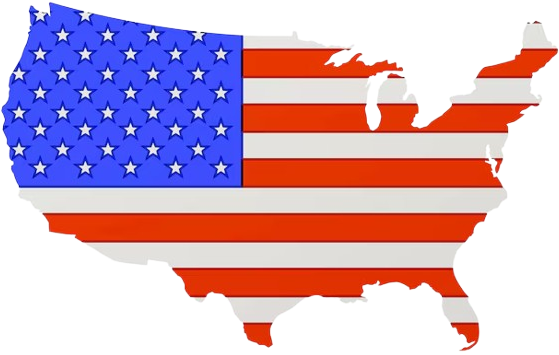Introduction to Shipping Bumpers & Grilles
Transporting automotive components like bumpers and grilles demands meticulous planning and execution to ensure they arrive in top condition. By utilizing appropriate freight services and adhering to industry best practices, businesses can overcome the logistical challenges associated with shipping these bulky and delicate items. FreightSideKick offers customized solutions specifically designed for the safe and efficient movement of automotive parts across North America.
Key Shipping Considerations
Bumpers and grilles, due to their size and shape, necessitate special handling during shipping. Below are critical factors to consider:
- Dimensions and Weight
- Packaging Requirements
- Loading and Unloading Procedures
Detailed Considerations
Dimensions and Weight
Understanding the dimensions and weight of bumpers and grilles is crucial for selecting the appropriate freight service. Accurate measurements are essential to determine the most effective shipping method and to prevent potential issues during transit.
Packaging Requirements
The right packaging is vital to shield these components during transit. It is recommended to use padded and reinforced materials to prevent any damage. Additionally, packages should be clearly labeled with 'Handle with Care' to alert handlers.
Loading and Unloading Procedures
Adhering to best practices for loading and unloading is crucial to avoid damages. This includes using the appropriate equipment and ensuring that personnel are trained in safe handling techniques.
Comprehensive Freight Services
FreightSideKick provides a variety of services perfectly suited for shipping bumpers and grilles. These services accommodate both large and small shipments and include options tailored to meet specific transportation needs:
- Full Truckload (FTL) Services: Ideal for large shipments, offering dry van, refrigerated, flatbed, and specialized options.
- Less Than Truckload (LTL) Solutions: Perfect for smaller shipments, ensuring cost-effectiveness without compromising safety.
- Partial/Shared Truckload: Efficient for medium-sized shipments, optimizing space and cost.
- Smaller Equipment Shipping: Includes box trucks and cargo vans for urgent smaller deliveries.
Understanding the Bill of Lading (BOL)
The Bill of Lading is a crucial document in the shipping process, serving as both a shipment receipt and a legally binding contract between the carrier and the shipper. Ensuring that all details on the BOL are accurate is critical for legality and accountability. Our Bill of Lading Generator can help streamline your shipping process by creating valid documents efficiently.
Cost-Saving Strategies and Best Practices
To optimize shipping costs and efficiency, consider implementing these strategies:
- Consolidate shipments whenever possible to reduce costs.
- Use the Freight Quote Tool for competitive pricing.
- Ensure accurate weight and dimension measurements to avoid surcharges.
- Select the proper packaging materials to minimize damage and returns.
Personalized Assistance
Get a quote today, call 877-345-3838, or email support@freightsidekick.com











